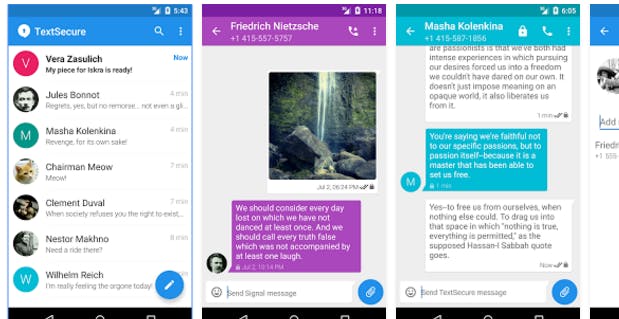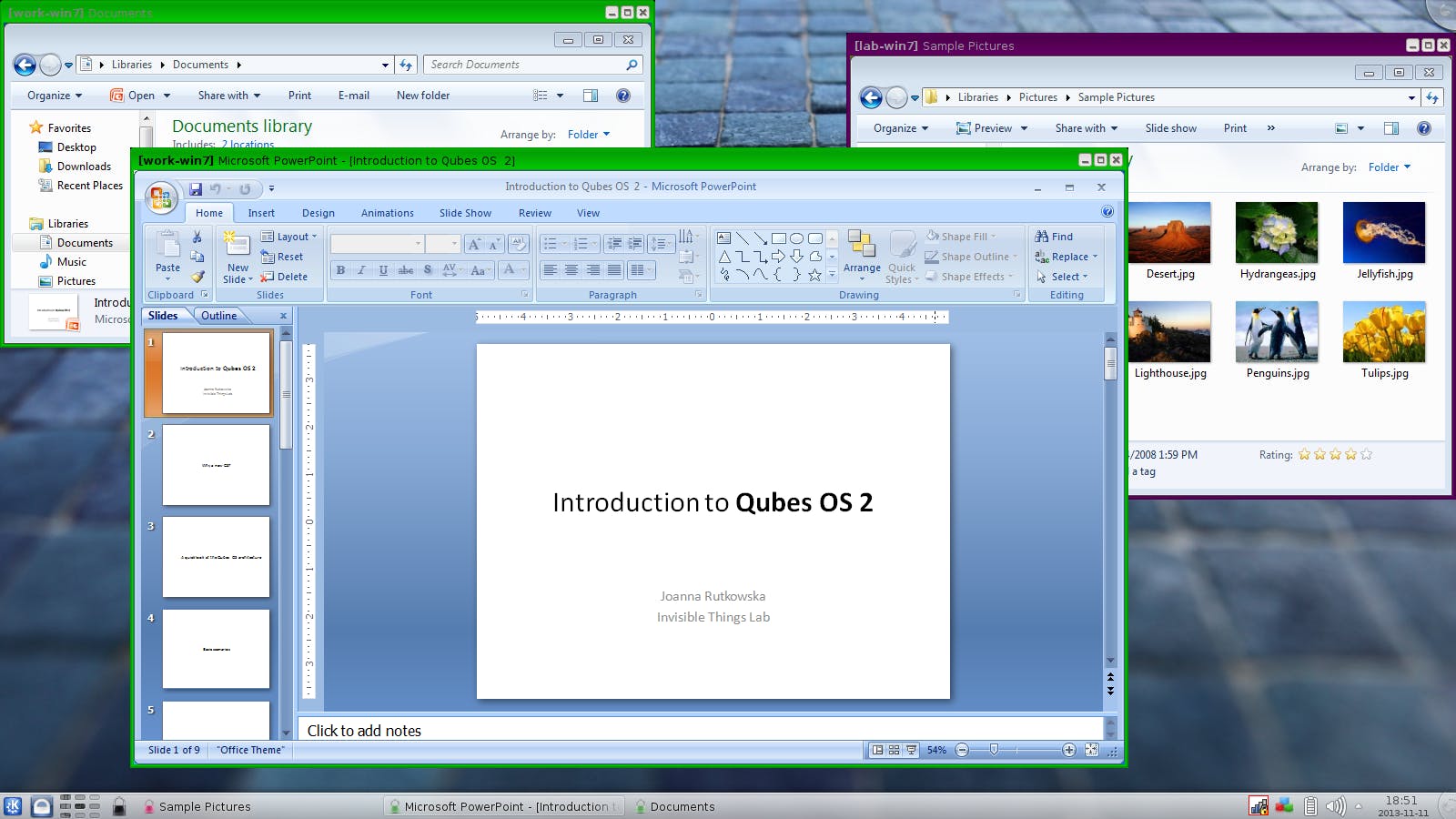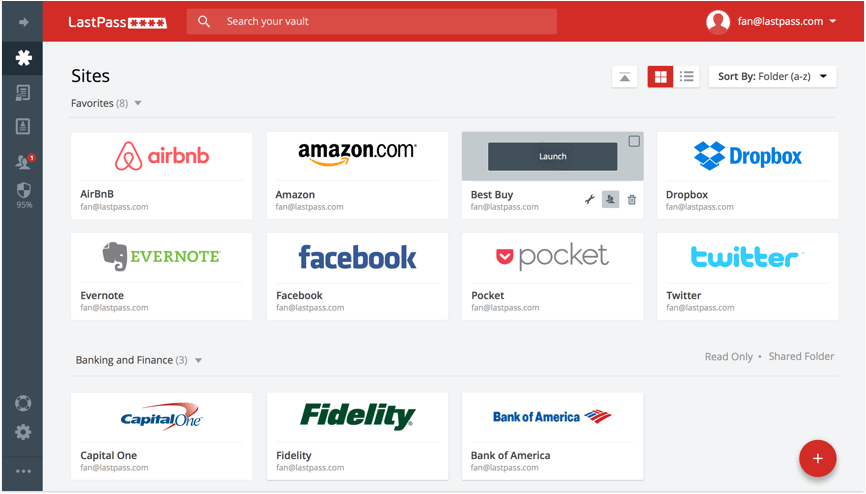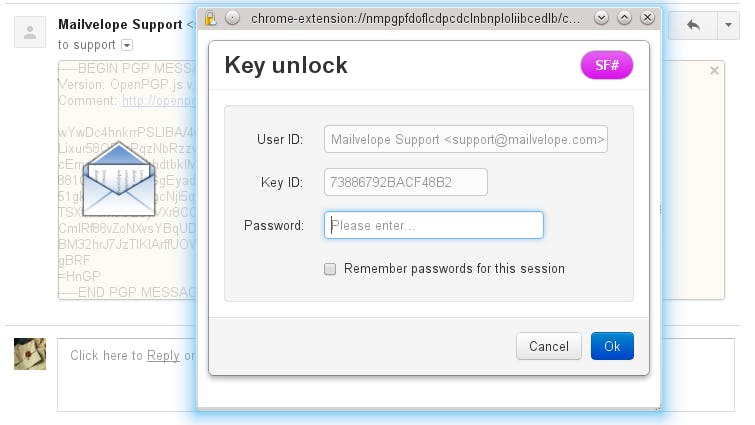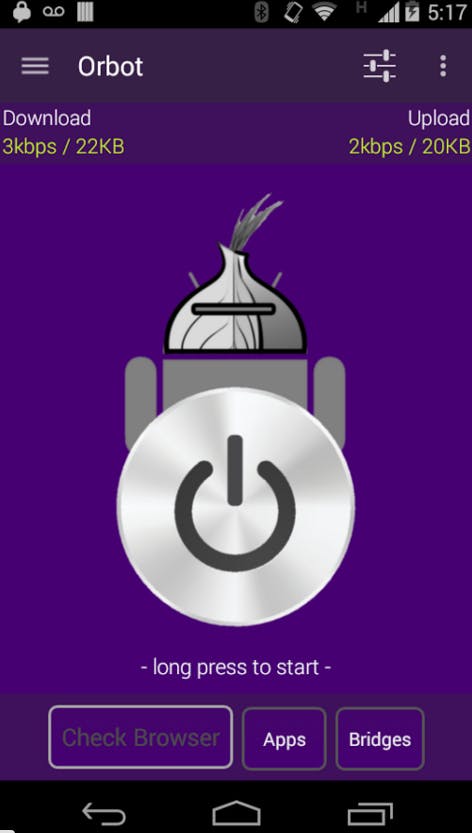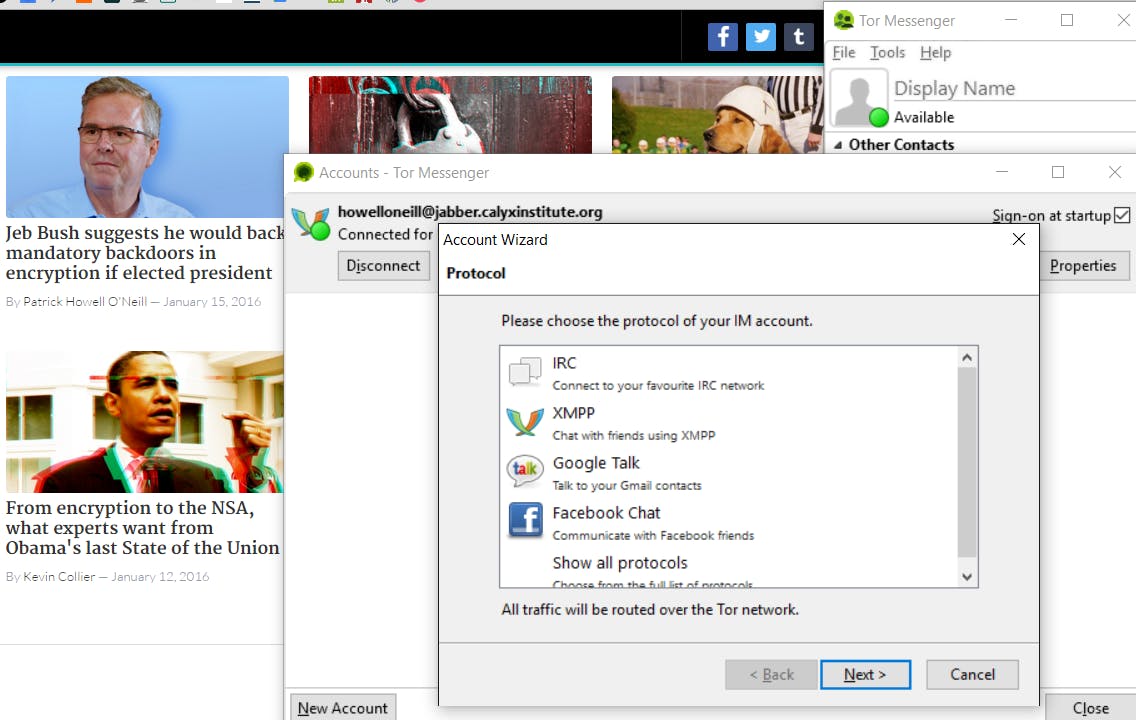In 2016, the future of the Internet is up for debate.
From Washington to Paris to Beijing, the world’s governments and its richest companies are deciding the laws and code that will shape the rules of privacy and surveillance in cyberspace for the foreseeable future.
You can take some control with a small bag of privacy tools that allows you more freedom on the Web.
Here are 10 of the best privacy tools available right now.
1) The Tor Browser, a secure Web browser
On an Internet where tracking and surveillance are pervasive, Tor offers you an anonymous window to the Web. Even if you don’t use Tor on a daily basis—it can be slower than your standard browser—it’s smart to always keep the option of strong anonymity and privacy on hand. Tor, created and largely funded by the U.S. government, is used by millions of different people, from journalists to global human rights activists to criminals to soldiers. The software doesn’t judge its users morals, it only offers strong encryption to protect from prying eyes.
2) Signal, secure messaging and calling app for Android and iPhone
The smartphone is a spy’s dream. It gives up an enormous amount of information to eavesdroppers. Signal takes two of the most crucial functions of your phone—calling and texting—and provides privacy. Powerful encryption protects your communication and, best of all, there’s nothing you have to learn. It’s as easy installing the app and chatting away.
3) Qubes OS, a secure operating system
For when your entire computer needs privacy and protection, the Qubes operating system is a top-tier choice. Secure operating systems gained a new spotlight in 2013, when Edward Snowden endorsed Tails, a live system aimed at maintaining your anonymity. Qubes offers a different key advantage against malware—a potent tool of eavesdroppers—by isolating various components of your machine to prevent hackers from taking over the entire computer. When it comes to secure operating systems, Qubes is an “every day” kind of tool that can help you even if you get hacked. More and more journalists and security professionals are turning to Qubes as their go-to OS.
4) LastPass, a free password manager
If you’re like most people, you share the same password across multiple accounts. That’s a simple but potentially devastating mistake that makes it exponentially easier for hackers to break your entire digital identity. Don’t worry, the fix is easy. Password managers like LastPass and 1Password make it effortless to create strong passwords that vary across all your accounts. Passwords aren’t sexy—unless you happen to write some uniquely great ones—but they remain a cornerstone to your privacy and security on the Internet. Do passwords right.
5) PGP, software for secure email
Despite its enduring popularity and ubiquity, email is not exactly the most secure medium of communication—quite the opposite. PGP is the gold standard for securing email messages with encryption. The exact tool you’ll need depends on a few things. If you’re on Windows, try GPG4Win. Mac users can get GPG Tools. Linux users should go for GnuPG and Chromebook users can use Mailvelope, though browser extensions are relatively less secure than the alternatives. All of it, however, is a step up from defenseless email and can protect your private messages whenever the need arises.
6) Eraser, a secure file deleter
Delete doesn’t mean delete, at least not on your computer. When you try to get rid of a file on your PC, it almost always remains on your hard drive for some time. Eraser is a free and open source tool that allows you to completely remove sensitive data from your machine so that the delete button actually does what you think it should do.
7) uBlock, an ad blocking tool for your computer’s Web browser
Blocking ads isn’t just convenient, it’s good for your privacy, too. Ad networks track you closely around the Web and can serve up malware to your vulnerable machine. While it’s definitely not perfect, uBlock stops more ads than major competitors, which puts it at the top of its class.
8) Ghostery, an anti-tracking browser extension
Now that you’re on the ad-block train, take another step to avoid online tracking. Most of the time that you’re surfing the Web, you’re unaware how closely you’re being tracked. Ghostery shows you the forest for the trees by declaring how many companies are tracking your online activities. More than that, it helps block about 2,000 trackers, allowing you to move a little more freely through cyberspace.
9) Orbot, a secure Web browser for Android
“Cellphones are tracking devices that make phone calls,” software developer Jacob Appelbaum said in 2013. But that doesn’t always have to be the case.
Orbot is one of the tools that help make your cellphone a little more secure by allowing your apps to use the anonymous Tor network. For browsing, you’ll want to use Orweb, but any app with a privacy feature can use Orbot. So, if you’re a political dissident in Iran who’s breaking the law by tweeting, Twitter’s proxy settings can be used with Orbot to hide your real location. But even in the West, where most of Tor’s users reside, privacy is still important.
10) Tor Messenger, a secure instant messenger
Decades after it was invented, instant messaging remains extremely popular. Tor’s newest tool, the Tor Messenger, provides the most secure way yet to protect your IMs from unwanted readers. With this free software, you can talk over Google Talk, Facebook Chat, and other mediums with Off-the-Record encryption protection.
Illustration by Bruno Moraes



